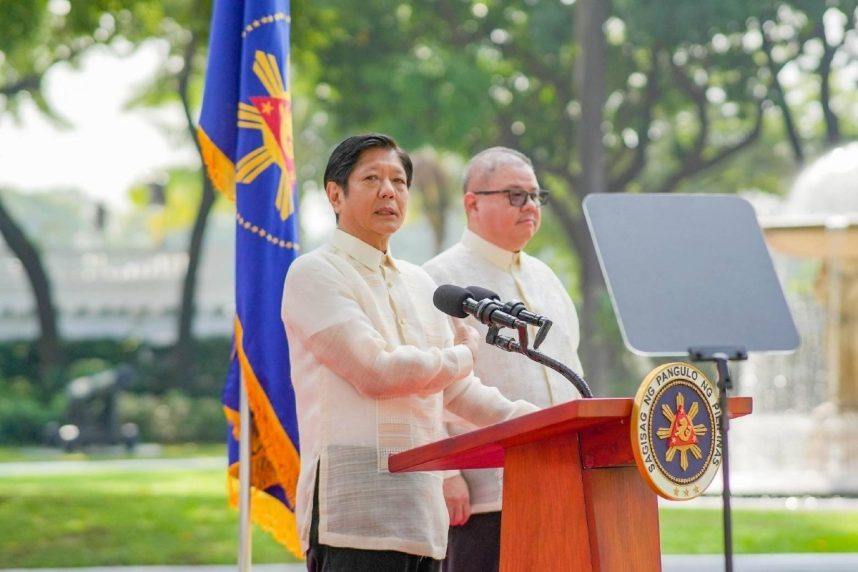Philippines: Entire PAGCOR Board Resigns Amid President Marcos Government Overhaul
Posted on: May 29, 2025, 02:13h.
Last updated on: May 29, 2025, 02:39h.
- Philippines President Marcos Jr. is calling for all top government heads to resign
- The resignations led to the PAGCOR board and CEO resigning
- PAGCOR is the Philippine Amusement and Gaming Corporation
The entire board of the Philippine Amusement and Gaming Corporation (PAGCOR), the government agency that regulates commercial casinos while simultaneously operating state-owned gaming facilities, has resigned.

The shakeup at PAGCOR comes amid considerable turmoil within Malacanang Palace. After a disappointing midterm election earlier this month for President Ferdinand “Bongbong” Marcos Jr.’s allies and his Federal Party, the head of government encouraged all secretary-level officials and government agency heads to step down.
Marcos has said a complete overhaul of the government is needed to “enhance” its operation and improve its “performance” to the people it serves.
I don’t do things for show or appearance. If there is a problem, I like to fix it,” Marcos said this week. “That’s what we’re doing. Expect us to do a rigorous review, not only on the Cabinet level but deeper.”
The May 12 election, which produced a record turnout for a midterm with almost 70 million votes cast, was largely seen as a referendum on the first half of Marcos’ six-year term.
PAGCOR Exits
Days after the disappointing election results for the president, Marcos said, “It’s time to realign government with the people’s expectations.”
The people have spoken, and they expect results — not politics, not excuses. We hear them, and we will act,” Marcos declared.
According to independent opinion pollster Pulse Asia, only about three in 10 Filipinos approve of Marcos’ performance. Marcos faced sharp criticism after former President Rodrigo Duterte was arrested upon returning from Hong Kong at Manila International Airport in March.
Duterte, who remains popular with the public, has been accused by Marcos’ government of violating human rights during his war on drugs. While the midterm vote was seen as the electorate’s way of opposing Duterte’s detention, it cost the PAGCOR board their jobs.
All five PAGCOR board members, including PAGCOR Chairman and Chief Executive Officer Alejandro Tengo, submitted their “courtesy resignations.”
We serve at the pleasure of the president,” Tengco said in a statement. “We will accept what the chief executive’s decision will be.”
The PAGCOR exits include Wilma Eisma, president and chief operating officer, and Directors Francis Concordia, Jose Ortega, and Gilbert Remulla. It’s unclear when Marcos will appoint a new PAGCOR boss and board.
PAGCOR Operation Remains Bumpy
For many years, the Philippines government has considered transitioning PAGCOR to a regulatory-only capacity. Currently, in addition to governing casino resorts in Manila and in freeport zones, PAGCOR operates nine casinos and 34 satellite casino branches under its Casino Filipino brand.
The operator-regulatory capacity has long raised conflict of interest concerns, but Philippine presidents’ steep ask for the Casino Filipino portfolio — Marcos saying in 2023 it wouldn’t make sense to unload the properties for less than $1.5 billion — has resulted in the gaming facilities remaining under the state’s control.
One major recent development that has impacted PAGCOR and the Philippines is the country largely folding on its once-thriving offshore gaming industry. Known as POGOs, or Philippine Offshore Gaming Operators, the online casinos targeted players in foreign countries, mainly China.
At Beijing’s repeated request, Marcos ordered PAGCOR to cancel all POGO licenses effective Dec. 15, 2024.
No comments yet